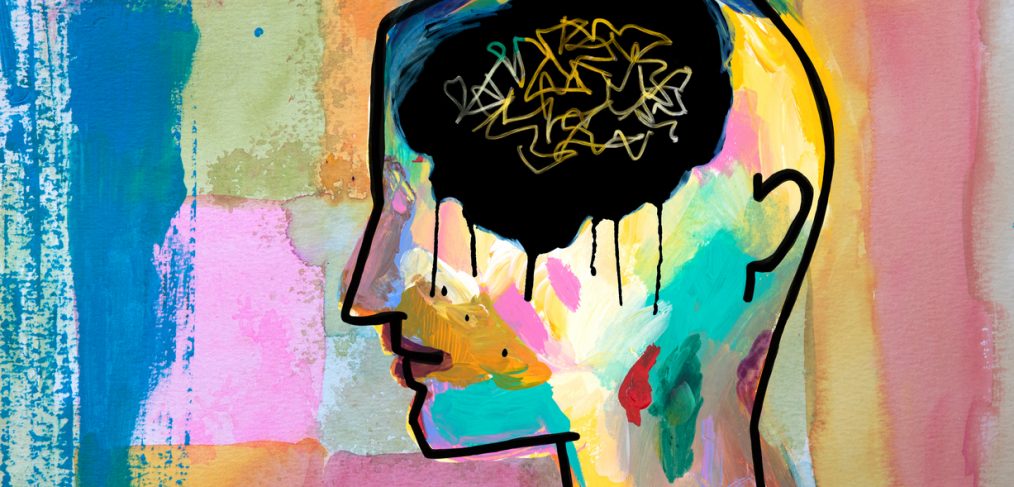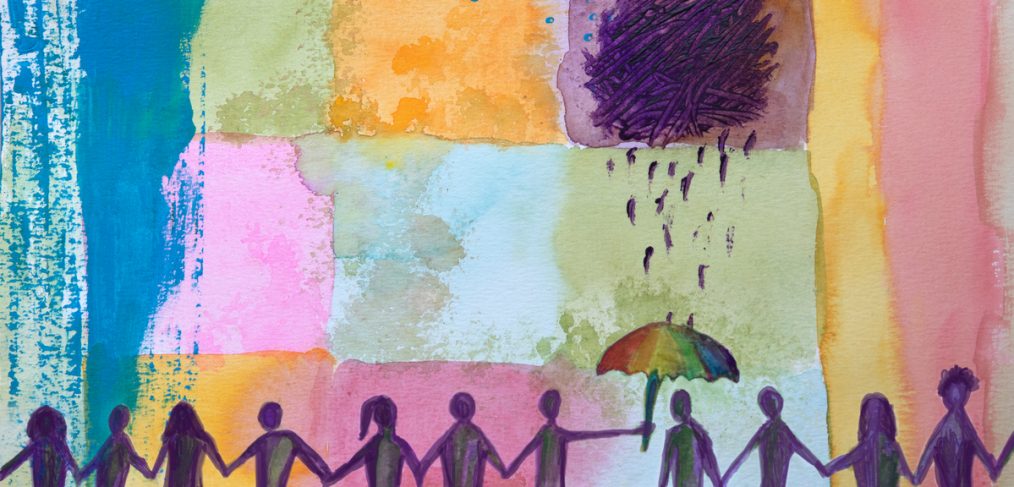For many of us, a disruption can be like a test of how legitimate a sense of urgency is. In our daily routines, busyness and urgency can become a permanent state. You have tasks, you have meetings, people count on you and so you must get the job done—now. If your schedule gets derailed, you may begin to feel overwhelmed and anxious. I’m falling behind! All this is coming due now! You work late nights and weekends. You get it all done, but you somehow still feel behind. That lingering sense of pressure never really goes away. Some feelings of urgency are from specific timelines and due dates. These are necessary aspects of the working world and are needed to coordinate and work collaboratively. However, many of these are a bit arbitrary and are not associated with a specific need to complete a task by a certain time.
We’ve all been there. You have a situation in which you’ve been wronged in some way. It might be a series of inconsiderate drivers, loud neighbors, or a company that just can’t get their billing right. You’ve been wronged, you’re the injured party, and you’re fed up. Initially you might calmly, and even patiently, try to resolve the situation. It hasn’t gotten under your skin yet, but you’ve gotten to the point where you need to take action. But when nothing changes, your righteous indignation begins to bubble up. Your eyebrows raise, and you think, now wait a minute.
Life seems limitless on its surface, yet we must constantly live within limits. Some we set ourselves; others are imposed on us. That is natural and normal. Because we can’t do everything and need to prioritize, we incorporate limits in our lives by design. Often this leads to doing as little as possible to achieve a desired outcome—in other words, we’re efficient. But this approach can also lead to a mindset of doing as little as possible, or sometimes, nothing at all. There are aspects of life, however, that deserve more than the least we can do. They deserve intention and effort. While these aspects will not be the same for everyone, we all have opportunities to explore what ours might be. To that end, it can be helpful to periodically review what is important to you. Think about those things and what you do to support them—is there anything more you might do? Have you thought about it creatively? Sometimes the least you can do isn’t all you can do.
It seems simple enough.
If something is bad for us, we should stop doing it. Of course it’s not that simple—people have addictions, compulsions, and desires (hereafter referred to as compulsions), and it may seem almost impossible not to submit to them. The two forces—the compulsions and the knowledge of their negative consequences—are in a constant battle to control our behavior. The “voice” of our compulsions can be quite strong and very crafty. We’ve all had times when we’ve rationalized having one more drink (“It’s a special occasion!”) or junk food (“Just while I’m watching the movie.”), and, at those times, our rationales have seemed perfectly sound. We’ve also had periods when the voice of reason has been dominant. We clearly see the connections between our behavior and its negative consequences, and we’re able to control ourselves. So why does this battle take place—why can’t we see the healthy and logical path and just follow it? If we could answer these questions, we’d find a clear path to healthy, positive behaviors.
New people are easy. You meet them, you chat, you get to know each other—there’s no long-term baggage or expectations. There’s also no lingering bad blood or long-term irritants. It’s a fresh canvas and you’re both painting. But as time goes on, you develop a history. Much of that history is likely very good—you wouldn’t stay connected so long if it wasn’t. You may have periods where you don’t see each other that much, but when you do get back together it seems that no time has passed. You pick up right where you left off. You have a true and solid connection with each other, and it’s part of who you are. But there are also elements of the relationship that aren’t ideal. It may be a personality quirk that irritates you (and irritates you more over time). It may be a certain belief or opinion they have that doesn’t jibe with your worldview, and they have to bring it up. It may be some incident in your past that’s hard for you to let go. The relationship is not all wine and roses, but ultimately, no relationship is.





